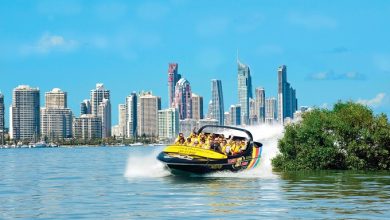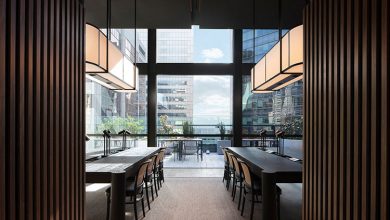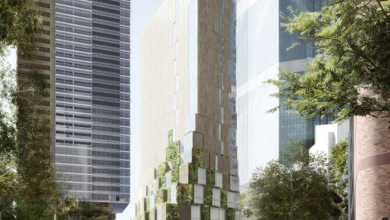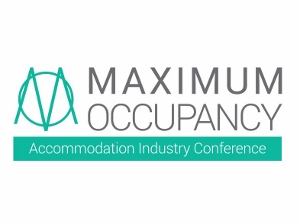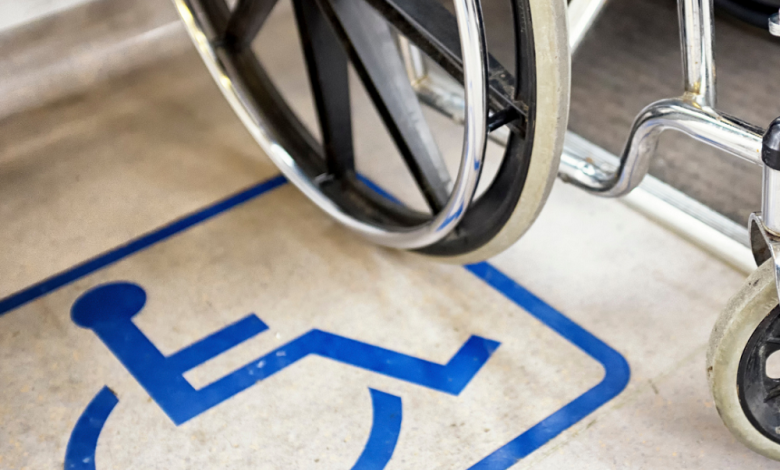
How to overcome fears that stop you from embracing guests with disabilities
Kerry Williams: Don’t let fear of the unknown prevent you from welcoming this booming travel segment to your accommodation
Oftentimes, I’ve found it’s fear that prevents tourism operators from welcoming people with disabilities with open arms. My goal is to help you overcome those fears.
When I ask an accommodation operator, “Do you have accessible rooms?” A common answer I receive is, “Yes, but I don’t think they are good enough”.
Nine out of ten times the rooms are in fact more than good enough.
So why is this such a common perception?
The answer is fear. Fear of giving a guest a less than satisfactory experience, which might result in a poor review.
Our latest AccomNews print issue is available now. Read it HERE
Accommodation providers are especially fearful of getting a bad review from someone with a disability. But it doesn’t need to be that way.
I too started my accessible tourism journey with fear. But I overcame those fears with knowledge, and ever since my own holiday rental accommodation business has consistently achieved over 90 percent occupancy levels.
With almost half of the Australian population benefiting from accessible tourism in some form, it makes business sense to educate yourself and cater to this market. Retirees account for around 25 percent of those who (or may need to in the future) enjoy accessible convenience.
Remember 19 percent of Australians have a disability of some form.
Here are two easy solutions to ensure your accessible rooms are booked with confidence by guests with disabilities and those who appreciate the convenience accessibility brings.
1. Accurate information
Remember, if what a guest sees online, is what they get at check-in, their expectations are met. It is essential that they know exactly what features your accommodation offers.
Whether you achieve this on your own website, or list it on the Accessible Accommodation website, be sure to accurately describe what you offer.
If you are unsure, then Accessible Accommodation has a three-tiered rating system so that your location is qualified for accessibility.
The rating system is like TripAdvisor’s certificate of excellence but for people with disabilities. Once you qualify, the rating is there for you to use and promote on your own website, your social media and your ATDW listing. The rating system gives both you and your guest peace of mind.
Here are some basic tips to help you with your own website:
- Take photos of the accessible bathroom from multiple angles. After all, it’s the most important room.
- Any step (no matter how small) is an obstacle with risk of a fall. Be sure to state all impeding access.
- Grab rails in the shower are essential. They’re nice to have around the loo as well, an over-toilet chair can also resolve most toilet rail issues.
2. Overcoming fear of offending or upsetting a person with a disability
Recently, a hotel manager called me, incredibly worried his concierge had unintentionally offended a guest with a disability. Why? Because this helpful concierge had given directions to the closest supermarket.
He had responded “you need to walk two blocks that way” but turned beet red when he realised the guest was in a wheelchair and couldn’t walk!
Did he cause offence? Absolutely not. People with disabilities also use the term ‘walk two blocks’.
So, what is the simplest solution to ensure your employees know how to greet a guest with a visible or invisible disability?
The answer is education. Accessible Accommodation and our Not-for-Profit Partner have released a comprehensive Inclusion Training Program that takes two to three hours to complete.
Designed to teach you and your staff how to create a welcoming inclusive guest experience. It’s perfect for reception staff, housekeeping and marketing employees, and for senior hotel managers there is a separate training which includes strategic marketing to this booming demographic.
In the course, you will hear from people with disabilities who explain how you can make them feel included and welcome.
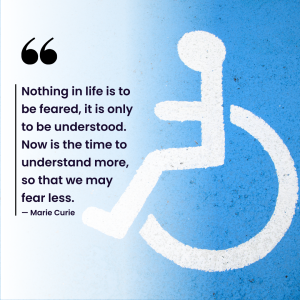
Some examples:
- Housekeeping: Why it’s important to ensure the shower nozzle is placed low in the accessible bathroom. And the same for towels.
- Concierge: Inclusive language and protocols. Such as, why you should never push a wheelchair user without asking first.
- Hotel managers: Real-life examples of good accessible practice and, why your non-accessible rooms are also booked by people with mobility needs.
- Reception: Why a late checkout is so appreciated.
After completing the course, Nu Nizam from Aligned Corporate Residences said, “We were presented with real-life stories, examples and scenarios along with facts and figures to back the information. The key to the testimonials was that they were all real-life situation-based conversations.”
A final word from me… Please don’t let fear of the unknown prevent you from welcoming this booming travel segment to your accommodation.
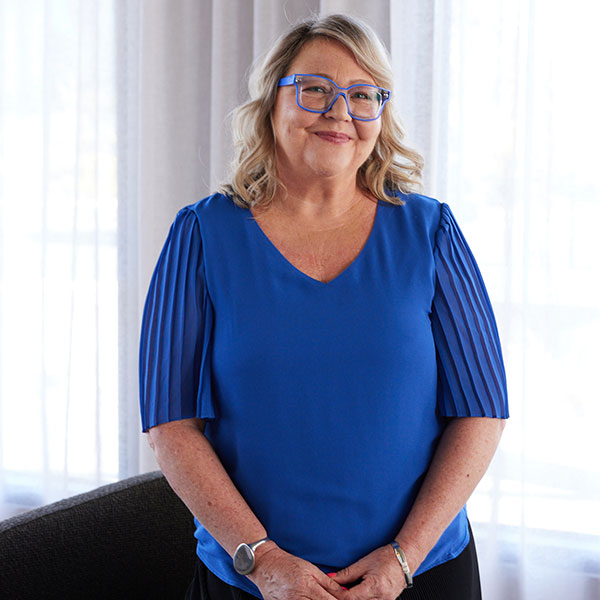
Kerry Williams is an entrepreneur and accessibility advocate, revolutionising how individuals with disabilities enjoy travelling through her Accessible Accommodation and Accessible Experiences websites. Reinforcing her passionate belief that accessible design can be functional and beautiful at the same time, her consultancy assists accommodation providers to maximise occupancy rates. A multi-award winner, she continues to drive innovation for seamless accessible travel.

